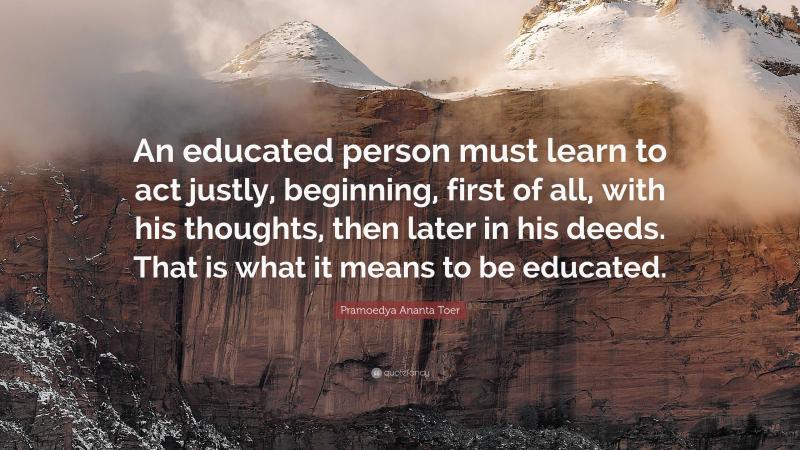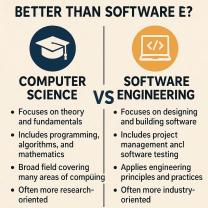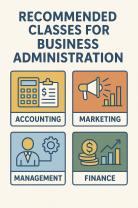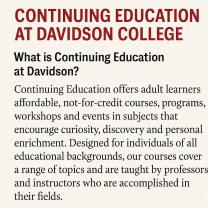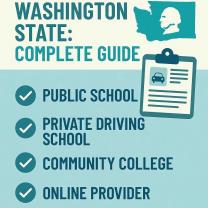What does it mean to be an educated person?
Being an educated individual extends beyond academic qualifications. It encompasses a range of characteristics and qualities:
Critical Thinking: An educated person can analyze information objectively, evaluate evidence, and make informed decisions. They question assumptions and think analytically.
Curiosity and Open-Mindedness: They have a thirst for knowledge and are open to new ideas, perspectives, and cultures. They seek to understand and appreciate diverse viewpoints.
Continuous Learning: Education is seen as a lifelong pursuit. An educated individual values ongoing learning, whether through formal education, reading, experiences, or interactions.
Effective Communication: They can articulate ideas clearly, listen actively, and engage in meaningful conversations. Effective communication includes both verbal and written skills.
Ethical and Moral Awareness: Education involves developing a sense of ethics, empathy, and social responsibility. Educated individuals exhibit ethical behavior and contribute positively to society.
Adaptability and Flexibility: They are adaptable to change and can navigate diverse environments. They embrace challenges and are resilient in the face of adversity.
Cultural Competence: An educated person respects and understands different cultures, practices inclusivity, and values diversity.
Problem-Solving Skills: They possess the ability to identify, analyze, and solve complex problems. This involves creativity and innovative thinking.
Self-Awareness: Education involves self-reflection and understanding one's strengths, weaknesses, and biases. This self-awareness contributes to personal growth and development.
Global Awareness: An educated individual is aware of global issues, geopolitical dynamics, and their impact on local and international communities.
Education is not merely about academic achievements but encompasses a broader set of skills, attitudes, and values that empower individuals to navigate life, contribute meaningfully to society, and continue growing intellectually and morally.
What constitutes being an educated individual?
Being an educated individual is multifaceted and goes beyond simply acquiring knowledge. It's a lifelong pursuit of intellectual curiosity, critical thinking, and a desire to engage with the world in a meaningful way. Here are some key aspects that contribute to being an educated individual:
1. Intellectual Curiosity:
- A genuine interest in learning and exploring new ideas, concepts, and perspectives.
- Asking questions, seeking out diverse sources of information, and not being afraid to challenge assumptions.
- A thirst for understanding, not just memorizing facts, but grasping the underlying connections and complexities.
2. Critical Thinking:
- The ability to analyze information objectively, evaluate its validity and relevance, and draw well-supported conclusions.
- Recognizing biases, identifying logical fallacies, and considering different viewpoints before forming opinions.
- Problem-solving skills and the ability to think creatively and strategically.
3. Communication Skills:
- Expressing oneself clearly, concisely, and persuasively in both written and spoken language.
- Active listening skills to understand and engage with different perspectives.
- The ability to tailor communication for different audiences and contexts.
4. Open-Mindedness:
- A willingness to consider new ideas, even if they challenge existing beliefs or comfort zones.
- Embracing diversity of thought and appreciating different cultural perspectives.
- Recognizing the limitations of one's own knowledge and being open to learning from others.
5. Lifelong Learning:
- Recognizing that education is a continuous process, not confined to formal schooling.
- Seeking out opportunities to learn and grow throughout life, through reading, discussions, travel, or new experiences.
- Adapting to a changing world and embracing new technologies and information.
6. Empathy and Social Responsibility:
- Understanding the interconnectedness of the world and one's place within it.
- Recognizing the impact of one's actions and decisions on others and the environment.
- Actively contributing to the betterment of society through informed action, civic engagement, or simply compassion and understanding.
Being an educated individual is not about achieving a certain academic degree or having all the answers. It's about cultivating a curious mind, a critical lens, and a willingness to learn and engage with the world around you. It's about using your knowledge and understanding to make a positive difference, big or small.
Remember, education is a journey, not a destination. Enjoy the process, embrace the challenges, and keep learning!
